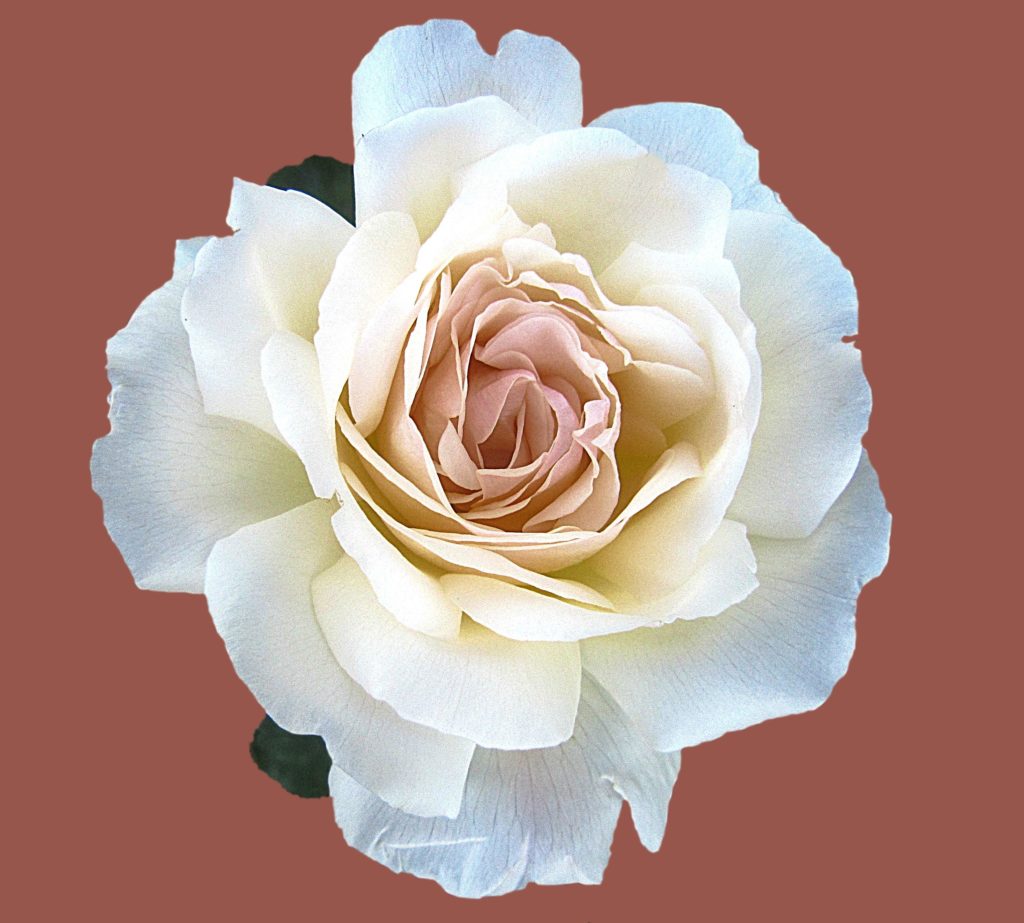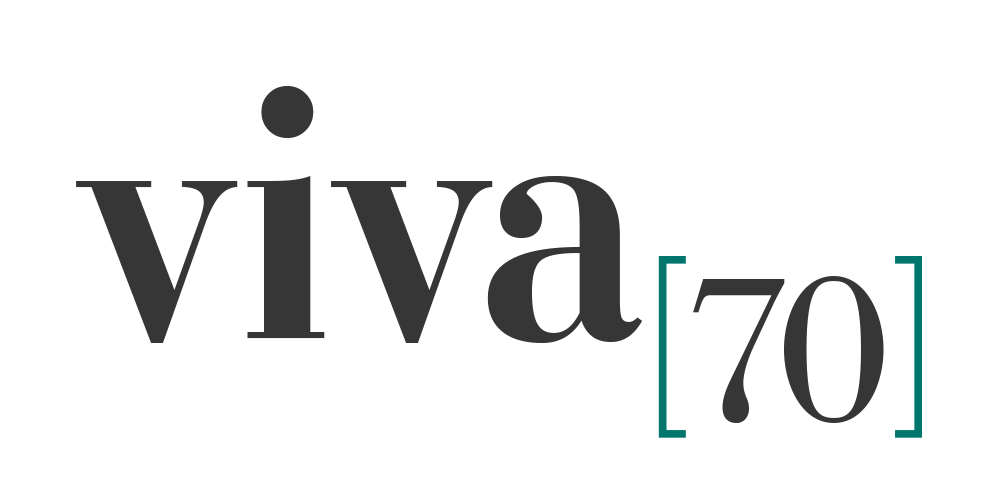
Julia Richards has travelled with me and Viva70’s story for nearly 2 years and I am so grateful to this dear friend for all her expertise and wisdom as a medicinal herbalist. Thank you Julia. You have been our most regular and much loved contributor and we couldn’t walk down memory lane without revisiting one of your great articles and timely given our recent Valentine’s Day!
Do you celebrate Valentine’s day? I do… and I’m single! Forget the commercial spin on showing love by buying stuff….Perhaps it’s as simple as thinking about those you love in your life and the gratitude you feel about them being in your world- your family and dear friends. It’s also a time for an expression of self love – something that will remind you to notice that you are a unique and special person and that you deserve the love that surrounds you. My Valentine ” gift” for myself this year here in Bali will be a day trip to the Uluwatu temple. And just as thoughts turn to Valentine’s Day my dear friend Julia drops a special present into my inbox from the snowy climes of Yorkshire……….. A rose and it’s many other uses……………..
It is estimated that about 224 million roses are grown and cultivated for Valentine’s Day in Australia. Whilst we all know that the rose has always symbolised love, it has so many other benefits for our emotional and physical wellbeing. Rose can be used in the form of tincture or tea, essential oil or flower essence.
The Rosa species comes from the Rosaceae family. Herbalists use the petals, leaves and the fruit (or hips). Energetically roses are cooling and drying which makes them effective for calming down various conditions in the body and mind. Rose can help with anxiety, sadness and grief, heart palpitations, respiratory conditions, wound healing, arthritis, diabetes and digestive issues to name a few. Here’s how:
A cooling nervine
As a cooling nervine, rose is a gentle antidepressant and sedative. Combined with other herbs, rose tincture can be effective in treating anxiety, heart palpitations, grief and mild depression. I always add rose to the medicine of anyone who is in need of a bit of TLC. Rose essential oil in combination with Lavender has been shown to help improve anxiety and depression in women with postpartum depression. Burning or spritzing rose essential oil can help lighten and uplift the mood in any environment.

Astringent and Antiseptic
Rose oil contains tannins which are astringent. This constricts body tissues to stop the flow of blood and other secretions. Teas and gargles from the petals are used for allergies and respiratory conditions where there are excess secretions such as running eyes, nose and wet coughs, diarrhea (especially in children) and heavy menstrual bleeding. The oil also contains geraniol, which is antiseptic, so used for sore throats, cold sores and mouth ulcers. External rose applications can stop bleeding, promote wound healing, and prevent infection. When combined with Melissa essential oil, it helps clear cold sores and other skin issues.
Anti inflammatory
The cooling effects of rose make it useful for any hot conditions such as fevers, headaches and respiratory inflammation and helps dry out mucus secretions. Used externally on the skin, rose oil calms the inflammation of acne and rashes. A diluted preparation of rose petals infused in vinegar soothes sunburn. Studies show that Rose hips help reduce pain and inflammation for osteoarthritis in hips and knees and also benefits rheumatoid arthritis. This is because rose hips contain polyphenols and anthocyanins which ease joint inflammation and prevent joint damage.
Anti oxidant
Rose petals and hips are very high in Vitamin C (more than oranges) which reduces the severity and frequency of colds and Vitamin A which boosts immunity. They are also high in iron, required for the body to assimilate Vitamin C and bioflavonoids which enhance vitamin C action. This is why Rosehip tea and syrup has traditionally been given for colds and to improve anemia. Bioflavonoids also help blood circulation. Rose hip powder has been shown to lower blood pressure and plasma cholesterol. Antioxidant action also helps prevent diseases related to oxidation, such as heart disease, arthritis and cancer.
Antidiabetic, lipid lowering and anti-obesogenic activity
Rosehip has been found to possess hypoglycemic effects and inhibit weight in diabetic rodents. It has also been found to produce modest lowering of total cholesterol in humans.
Adaptogenic
Rose delivers balancing effects to both the body and the mind.
Digestive aid
As a cool bitter herb, rose tincture supports the liver and gall bladder because it promotes bile flow which helps elimination.
Side effects?
No adverse side effects are reported for rose. However, over 5 cups of rose tea per day may cause dizziness, nausea, vomiting, diarrhea or headaches due to too much vitamin C and too much rose before bedtime may affect your sleep.
Due to its astringent action it can hinder blood clotting and is not suitable for people with a bleeding disorder.
Always seek a qualified therapist before using herbs, oils and essences.
An uplifting rose tea
1 part rose hips
1 part hibiscus flowers
1 part lemon balm leaves
¼ part orange/lemon/grapefruit peel
Place 2-3 Tbsp of the mix into a teapot/plunger and pour over boiling water. Allow to steep for at least 5 minutes. You can add a little bit of honey if needed.
This is also lovely as an iced tea.

Julia Richards is a qualified Medical Herbalist and Director of Enhance One Limited, a consultancy passionate about helping individuals, groups, families, communities and organisations be the best they can be physically, mentally and emotionally. To achieve this, Julia uses a holistic approach to help you enhance yourself by drawing on her experience and studies in personal development, life coaching, aromatherapy, nutrition, herbal medicine and other wellbeing techniques. Julia helps you design a wellbeing plan that is unique to you and works in a complementary way with your doctor or any other therapist you are seeing to help you make improvements in your health. Julia offers individual consultations and group workshops.
